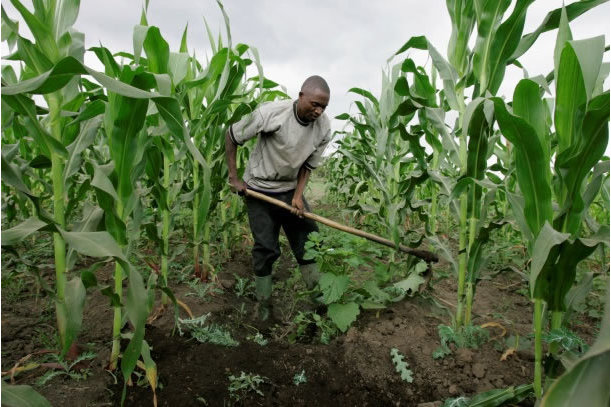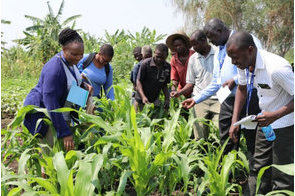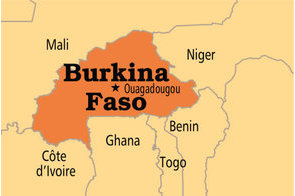IFAD projects improve food security among rural poor in Nigeria

Summary
Notable achievements were recorded with regard to access to finance, community capacity-building and job creation.
A new report has stated that development projects supported by the International Fund for Agricultural Development (IFAD) in Nigeria have been effective in improving the livelihoods of rural poor people and strengthening their food production systems.
The report was presented in Abuja, Nigeria, on Thursday by IFAD’s Independent Office of Evaluation (IOE). IFAD is the United Nations agency that invests in rural people to reduce poverty and increase food security. IOE conducts evaluations of IFAD-financed operations to promote accountability and learning.
The evaluation in Nigeria assessed the performance of a partnership between IFAD and the Nigerian government to reduce rural poverty. The report said the partnership, which was from 2009–2015, targeted poverty reasonably well. The single most important achievement according to the evaluation was the creation of community-based organizations which enabled local governments to channel funding into otherwise hard-to-reach places. These committees continue to play an active role planning community infrastructure and managing community assets in a sustainable way, particularly in northern Nigeria.
Notable achievements were recorded with regard to access to financial services, community capacity-building and job creation. The benefits derived, in terms of building assets and disseminating technology, were visible and, according to a field survey conducted by the evaluation team, are well sustained. Local governments continued to fund community activities beyond the lifetime of IFAD’s support.
"The evaluation has allowed us to reflect on the impact of our work in areas such as community-driven development," said Ides de Willebois, Director of IFAD's West and Central Africa Division. "IFAD’s support in community-driven development activities has been particularly successful, especially with community development associations, linked to local government authorities and that continue to function after the project completion."
Nevertheless, the evaluation also found that the scale of the impact remained limited. Poverty statistics overall showed an increasing level of inequality between the urban and rural areas and wealthy and poor people. The IOE evaluation highlighted the need for a more strategic approach to the partnership with the federal and state governments while recommending that IFAD should expand its existing partnerships and develop new ones.
"A missing partner, particularly in the earlier IFAD-supported operations, has been the private sector. Its involvement is crucial given the move towards markets and processing across the portfolio,” said Oscar A. Garcia, Director of the Independent Office of Evaluation. "It is necessary to mobilize a range of public-private partnerships around fertilizer, seeds and processing in line with the approach stipulated by Nigeria's Agricultural Transformation Agenda (ATA)."
Over the last 30 years, IFAD has supported 10 projects in Nigeria that cost a total of $795.3 million. Of that amount, IFAD provided $317.6 million.
Related
-
AfDB promotes agribusiness development at the African Green Revolution Forum
The 2016 AGRF hopes to advance policies and secure investments to impact the lives of millions of African farmers.
-
FAO to establish Farmer Field Schools in Nigeria to boost agriculture
The FFS is an initiative of FAO that supports the most at-risk farming households.
-
Programme on child and maternal malnutrition in Burkina Faso shows positive results
The programme helped to increase the ownership of productive assets by women and improve their social status.









